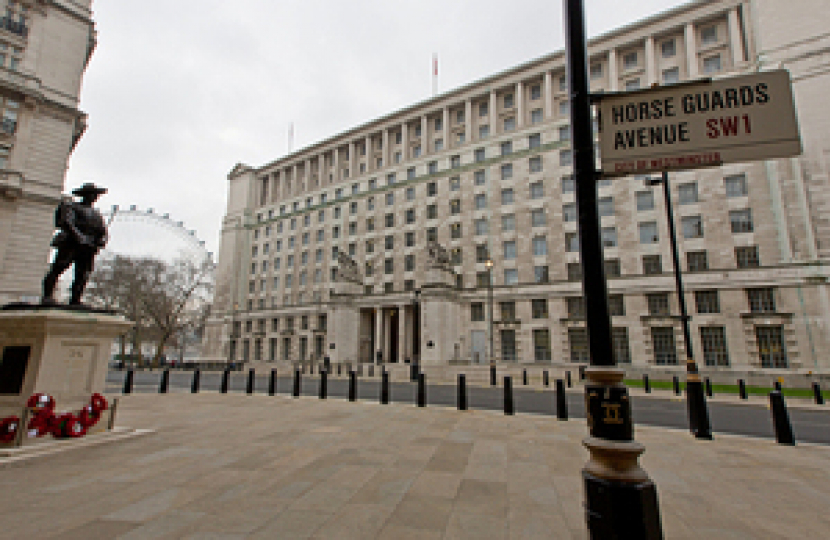
The decision, taken by mutual agreement with industry partners, follows a detailed review of the technical demonstrator and the broader Lightweight Affordable Novel Combat Aircraft (LANCA) Programme.
Air Commodore Jez Holmes, Head of the Rapid Capabilities Office said:
Through Project Mosquito and other experimentation activities the Royal Air Force has made substantial progress and gained significant value in understanding and harnessing a range of future uncrewed capabilities. This decision maximises the learning accrued to date and enables a change of direction for the LANCA programme. The Rapid Capabilities Office will now quickly launch activities to aggressively pursue the RAF’s unchanged firm commitment to integrate advanced uncrewed capabilities into the near-term force mix with more immediate beneficial value.
The Royal Air Force’s Rapid Capabilities Office (RCO) aims to enhance capability delivered to the front line, explore opportunities presented by emerging technologies, and leverage diversity in thought with novel and innovative ways of working.
Deciding to not proceed with the specific manufacturing technology demonstrator will not impact on the wider intent to build the most capable and cost-effective force mix possible, or the “Loyal Wingman” concepts under investigation within the Future Combat Air System Enterprise. The programme remains focused on the post-2035 capability space, where integration through a system-of-systems approach has been a key requirement from the outset.
The decision was informed by parallel analysis and capability experimentation conducted by the RAF and the Defence Science and Technology Laboratory (Dstl). The accumulation of analysis concluded that more beneficial capability and cost-effectiveness appears achievable through exploration of smaller, less costly, but still highly capable additive capabilities.

